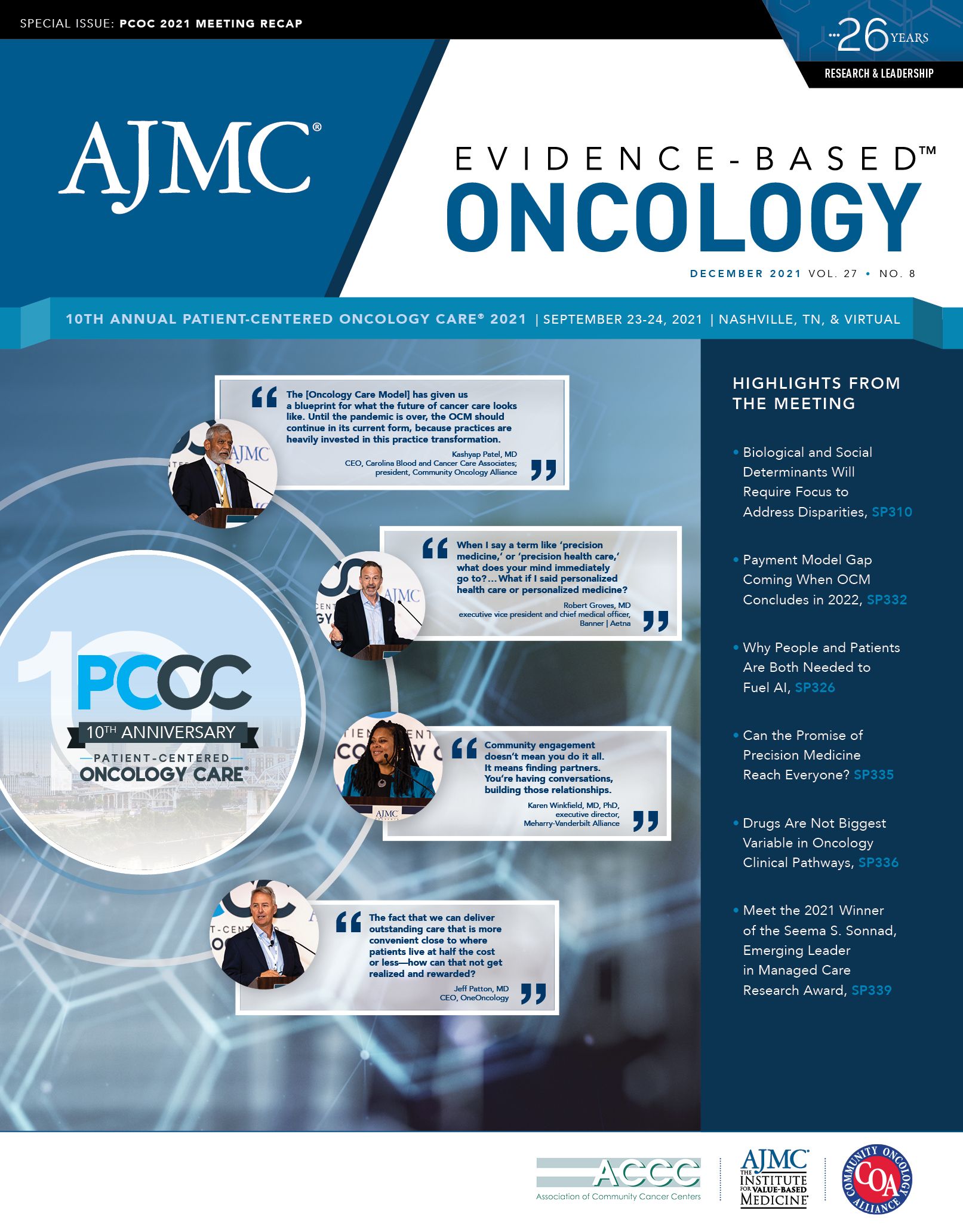- Center on Health Equity & Access
- Clinical
- Health Care Cost
- Health Care Delivery
- Insurance
- Policy
- Technology
- Value-Based Care
PCOC SPOTLIGHT: Patel Says Let the OCM Continue for Now
The Oncology Care Model (OCM) is scheduled to end in just a few months, but with no new model in place to succeed it and practices still struggling during the pandemic, CMS should allow OCM to continue, said Kashyap Patel, MD, a co-chair of Patient-Centered Oncology Care® and the current president of the Community Oncology Alliance. He is CEO of Carolina Blood and Cancer Care Associates.
The OCM is getting close to the end, but the country is still in the midst of a pandemic. What shoudl the next step be?
PATEL: OCM has been, in my opinion, a successful program in at least changing patient experience and helping practices [develop] true patient-centered care. Of course, some of the practices have not been able to achieve the fi nancial targets for savings. But in my opinion, OCM has given us a blueprint for what the future of cancer care looks like. And until the pandemic is over, the OCM should continue in its current form, because practices are heavily invested in this practice transformation.
The future model should actually [take] social and economic disparities [into account]. We were not aware of the impact of disparities, [but] if you look at the 2020 American Association of Cancer Research (AACR) report, it clearly highlights that there is a 34% higher risk of death for patients who are exposed to disparities.
Between 2003 and 200, we ended up spending $230 billion more in direct care and almost $1 trillion in indirect expenses. So, economically, socially, morally, and just system-wise, we need to factor in the social disparities as well as economic disparities in designing any future model that will be truly successful in helping deliver patient-centered care.

Exploring Racial, Ethnic Disparities in Cancer Care Prior Authorization Decisions
October 24th 2024On this episode of Managed Care Cast, we're talking with the author of a study published in the October 2024 issue of The American Journal of Managed Care® that explored prior authorization decisions in cancer care by race and ethnicity for commercially insured patients.
Listen
